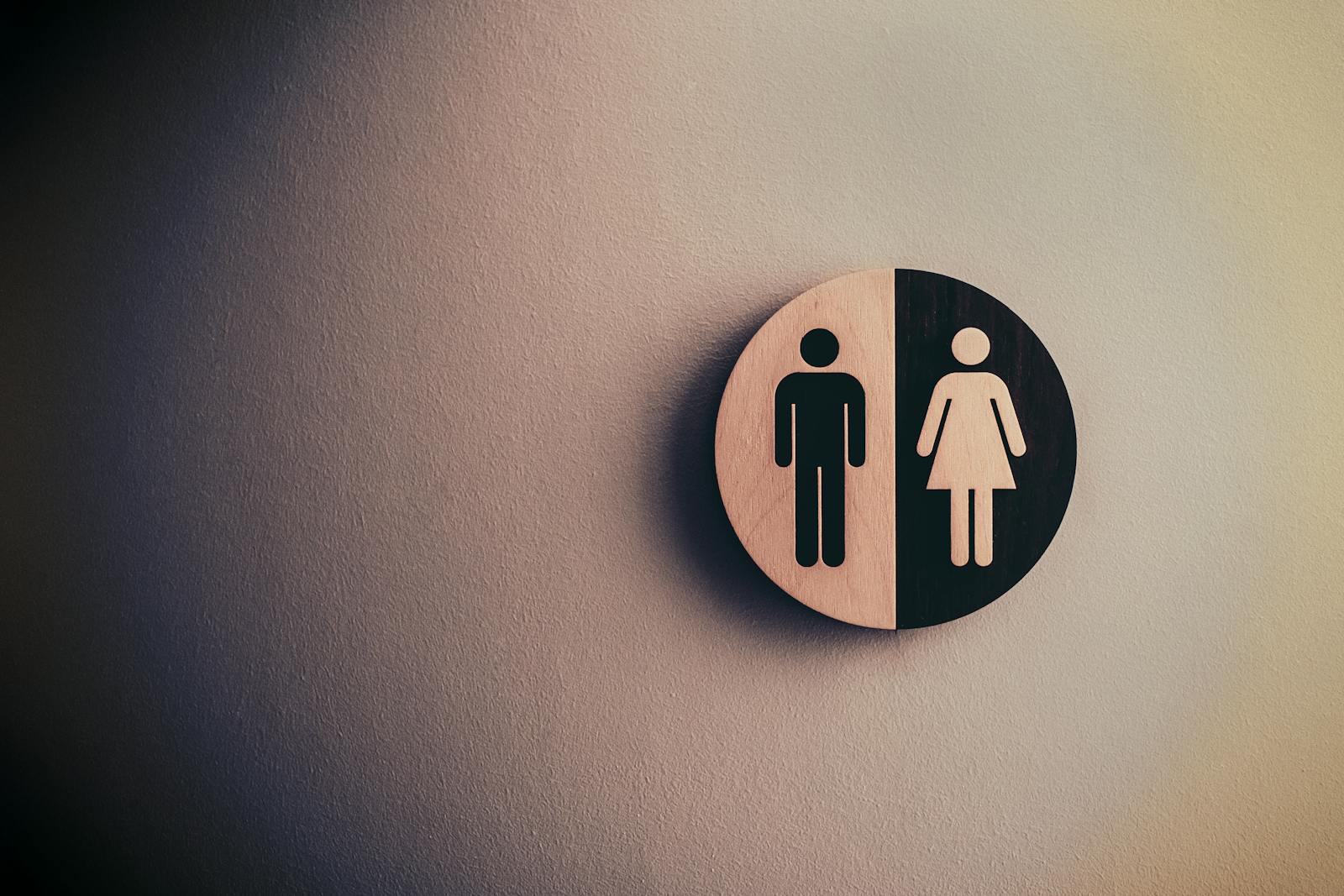IBS can be miserable and disrupt every day actives….there might be some good marijuana news for suffers.
Irritable Bowel Syndrome (IBS) is a miserable diagnose and can be disrupting to every day life. is a frustrating and isolating illness for many patients. Constipation, diarrhea, gas and bloating are all common symptoms of IBS. While it doesn’t damage your digestive tract or raise your risk for colon cancer, there isn’t a clear cure. Often, it can be managed through medications, diet and lifestyle changes. One study estimates that up to 20% of Americans experience IBS, which is considered a chronic disease. Research indicates those with IBS miss three times as many workdays as those without bowel symptoms.
RELATED: How Effective Is Marijuana In Treating IBS?
Data suggests maybe good news for IBS steers and marijuana. There has been enough research is recently Ohio’s State Medical Board unanimously approved IBS as a qualifying condition for Ohio’s medical marijuana program, making it the 26th ailment on the list. The clear benefit has helped those in medical marijuana states move toward an easier life.
Cannabinoids reduce production of gastric acid secretion by activating the CB1 receptors. Recent studies have also identified a potential pathophysiologic mechanism for IBS. Activation of the cannabinoid 1 (CB1) and the cannabinoid 2 (CB2) receptors reduce motility, limit secretion, and decrease hypersensitivity in the gut.

Researchers at Rutgers University suggest in a study marijuana can help ease the suffering of patients with severe IBS symptoms. They analyzed data of Nationwide Readmissions Database from the Agency for Healthcare Research and Quality, comparing IBS patients who were cannabis users vs. non-cannabis users. Among non-cannabis users, all-cause 30-day readmission rates were 12.7%. In cannabis users, that figures was only 8.1%. The study also found cannabis use correlated with shorter hospital stays and overall lower hospitalization charges.
The study included 6,798 adult IBS patients, 357 of which were identified as cannabis users. The non-cannabis group had a mean age of about 53 years while marijuana users were about 36 years on average. Women were the primary gender in both cannabis users (62%) and non-users (81%)—which is expected, as IBS affects more women than men.
RELATED: Marijuana And Gut Health
Currently, there isn’t a cure for IBS, but a report indicated that marijuana could provide future therapeutic potential for patients. Unfortunately, more research needs to be to make it as effective as possible and understand dosage.


